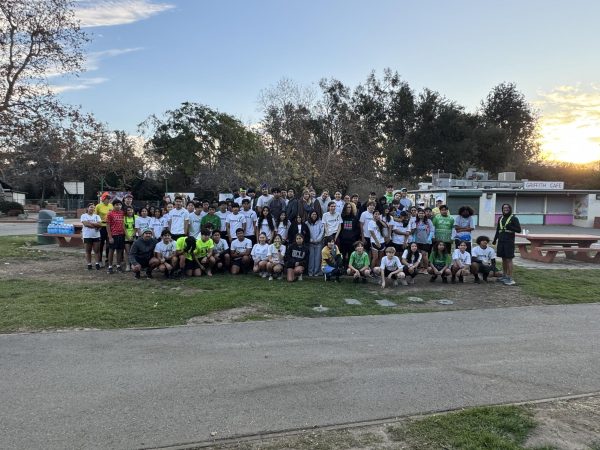
Students, teachers, and staff alike, at the strike of 12:57, bustle down to their lunchtime breaks as Period 4 comes to a close. As Barristers gather and crowd in droves, I sat down with head coach of the SRLA , Mr. Brian Pfeffer, to discuss his role as a coach, what the program is like, and how current events have affected the runners themselves.
Q: How are you feeling?
Pfeffer: Balanced. For all the stress and angst, I feel like I can balance it with joy. It’s also a reading day, so I get to read while getting paid. Happy Lunar New Year everybody.
Q: What got you into SRLA?
Pfeffer: When I was a teacher at middle school, the coach, I had lunch with a few teachers, and I liked to run. And she said, “Hey! Do you want to run with us and train for the marathon?” And I’m like, “Yes.” And so that was in 2009, so I got pulled in by another teacher.
Q: What are some common hardships you and the students in SRLA face?
Pfeffer: That sometimes running sucks and sometimes you don’t wanna do it and sometimes people who love to run a mile, they try to run 18, they try to run 21 and it. Is. difficult. If you achieve an elite level of fitness: it’s joy, it’s amazing because your body can do anything. But when you’re 15, and you have to train for 32 weeks to build up progressively to run 26 miles, that is…I challenge ANY athlete at this school. ANY athlete to say that what they do is THAT challenging. But kids do it year after year after year because we do it together.
Q: Highest point of your time in SRLA?
Pffefer: My highest point is, after the marathon, you go to this post race thing, it’s like a party. There’s a buffet, and all the teams are there, and there’s a little photo area. After I’m done with my run, I switch into ‘Proud Papa Moment’ as kids finish the race. They’re crying and I’m crying and we’re wondering why we have to destroy our bodies to feel joy for an hour and a half. But that hour and a half, after you finish the race and the kids are finishing and getting their medals and they’ve all done something that’s epic and life changing, that’s my favorite part
Q: Lowest point?
Pfeffer: The lowest is January-February, where you go from running 10Ks, which you can do without training, to running half-marathons and 30ks and the kids that don’t show up during winter break and don’t show up during January, we have to let them go. I hate that part. Because they made the commitment, they were doing it, but ‘try again next year’ we have to let them go. If you can’t safely finish a race, I’m not putting you out there as a coach. So saying goodbye to friends this time of year, cause if you don’t train, you’re literally going to injure yourself and we don’t want that.
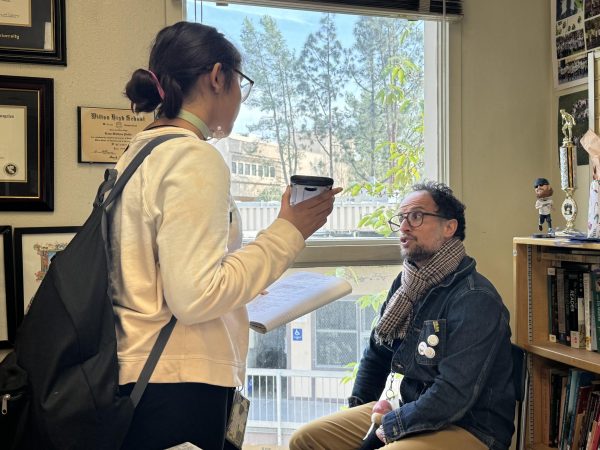
Q: What are your hopes for the program?
Pfeffer: My hopes for the program is that every year till the planet warms up so much that we can’t live here anymore, that there will be 20 runners from John Marshall High School that get to train for 32 weeks with adults that care about them and finish the marathon every single year, decades, centuries after I am no longer here. And I hope that this remains a program for kids that are not served by other sports, clubs, and other activities. I look for kids in the beginning of the year that wanna do something and haven’t been picked up by another sport or activity.
(We get interrupted by a supposed SRLA student who keeps forgetting to fill out their forms for the program.)
Q: How has the Palisades and Eaton fires affected the program, yourself, and the students? How do you think this will affect future events? Most notably the LA Marathon?
Pffefer: The state has been through a collective trauma. This is something that everybody experienced; it’s the same ocean for everybody, but everyone is in different boats. I knew just like with the pandemic, we just need to keep running. Air seems okay, it wasn’t at the beginning. But, we had a race at the Rose Bowl that was scheduled for the 25th, and the Rose Bowl is being used as a community crisis center. Shoutouts to everybody who’s helping with the cleanup efforts and the recovery efforts and helping people who lost their homes. But, we couldn’t do that race, that race is now postponed until much later, even after the marathon. So what we did was, Michael (the photographer with me) was there, we invited a handful of other schools to join us in Griffith Park and we did a makeup race. We had food and aid stations and with other adults along the course so kids could…it wasn’t just another ‘weekend run.’ Shoutout to everybody who’s donated at Marshall or any other places. It’s just an absolute calamity. To go from that weather whiplash of two super wet winters and then one dry one, I just want everyone who is religious or spiritual to pray for rain. Pray for the right amount of rain, cause if it’s too much, there’s gonna be a mudslide, and if it’s too little, all the vegetation from the recent rain is just gonna dry. We have a really huge problem. The world is filled with challenges, but the thing about SRLA is that it’s the easiest, stupidest thing in the world. You go for a run with your friends. And as the season goes on, you run a little farther, and a little farther until you reach your goals. Just like life.

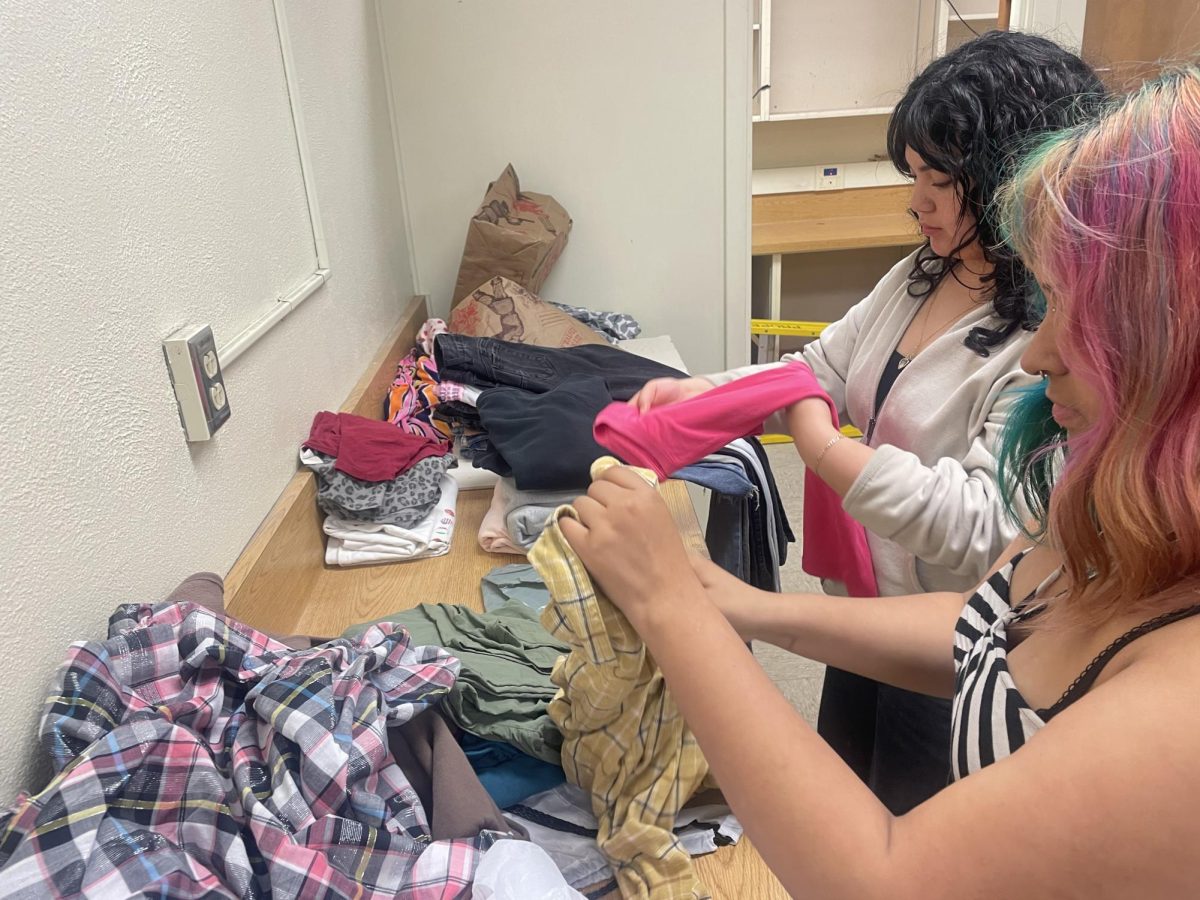

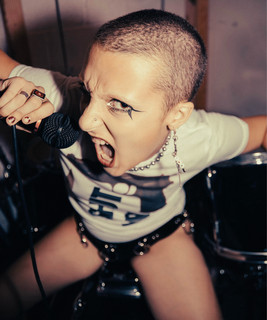
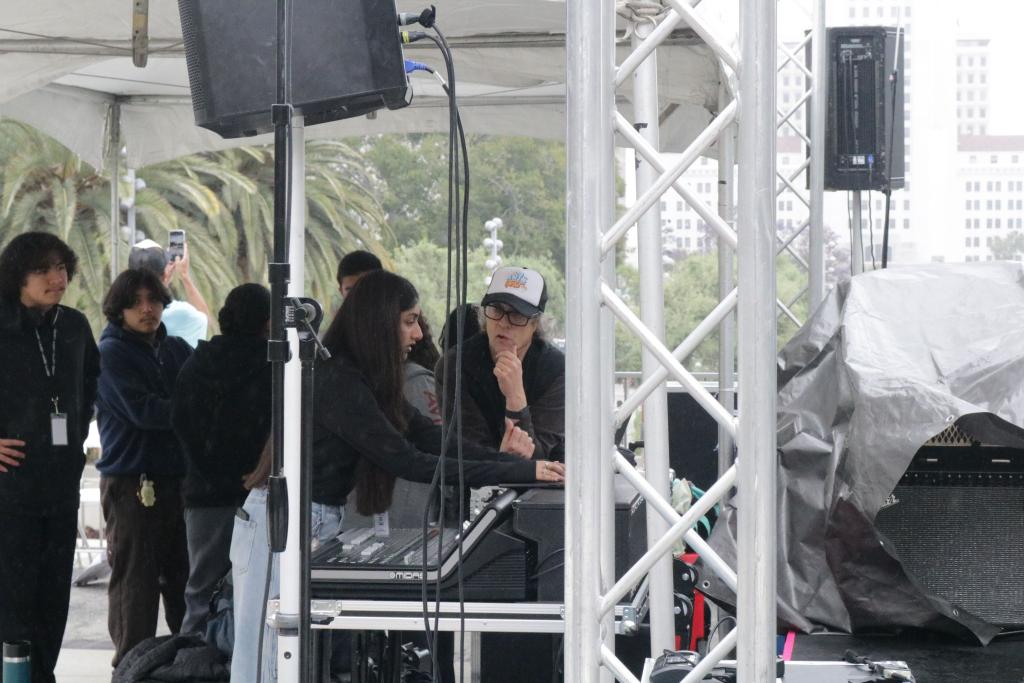
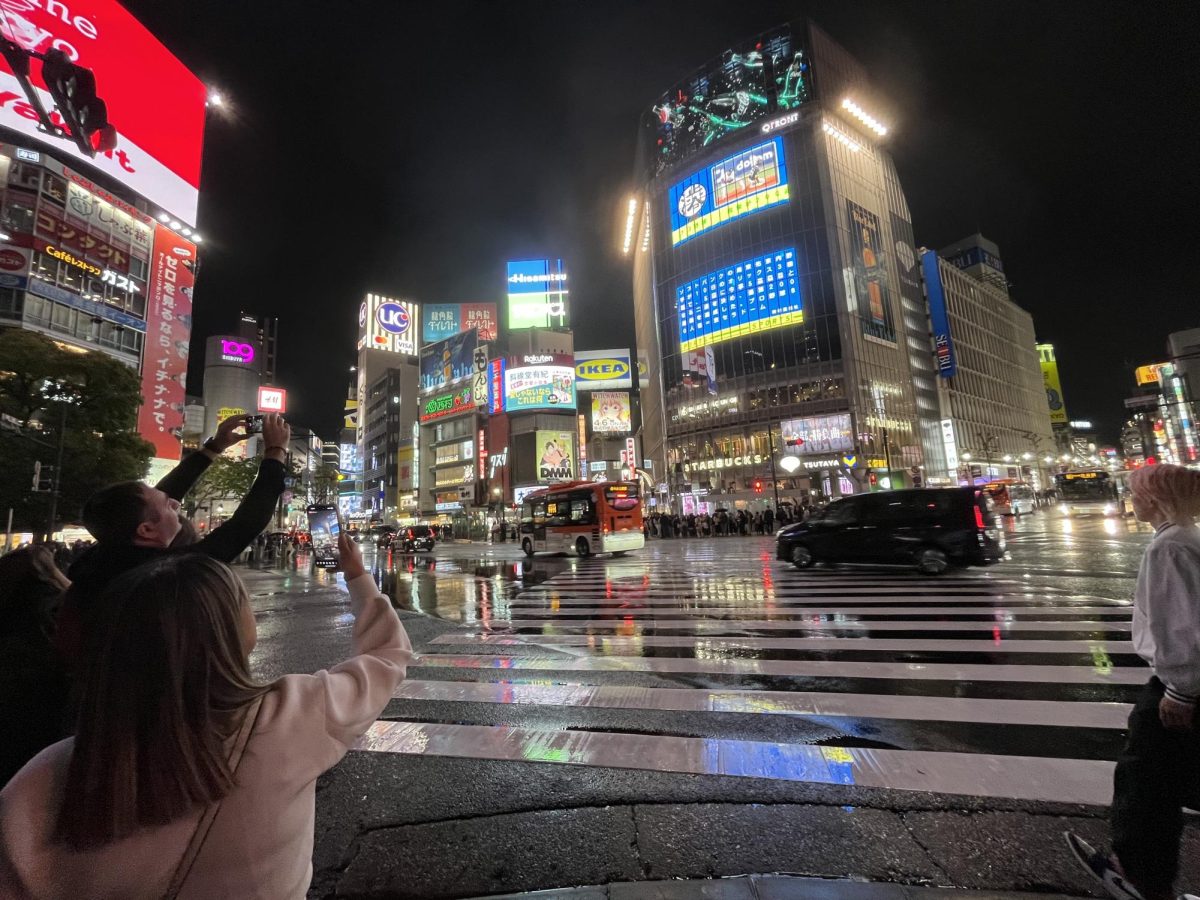
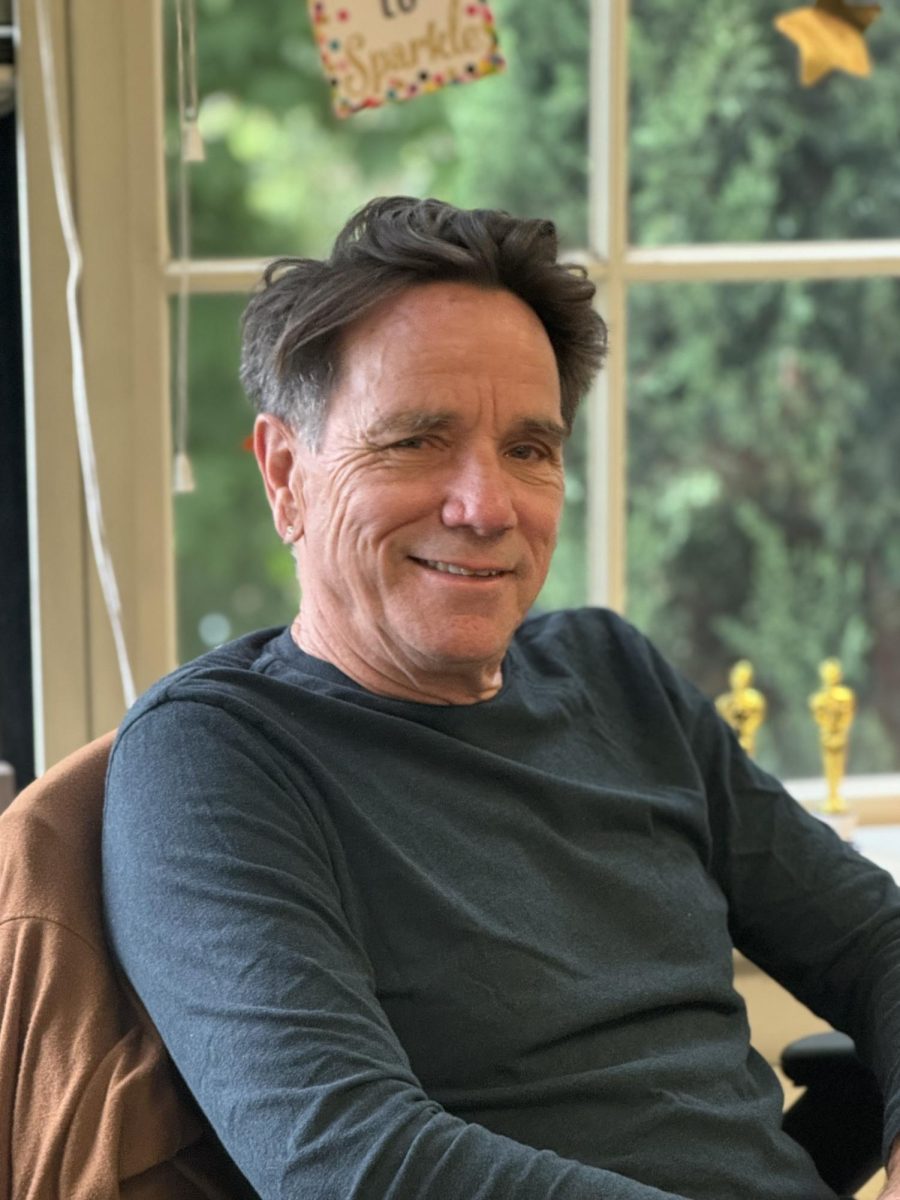
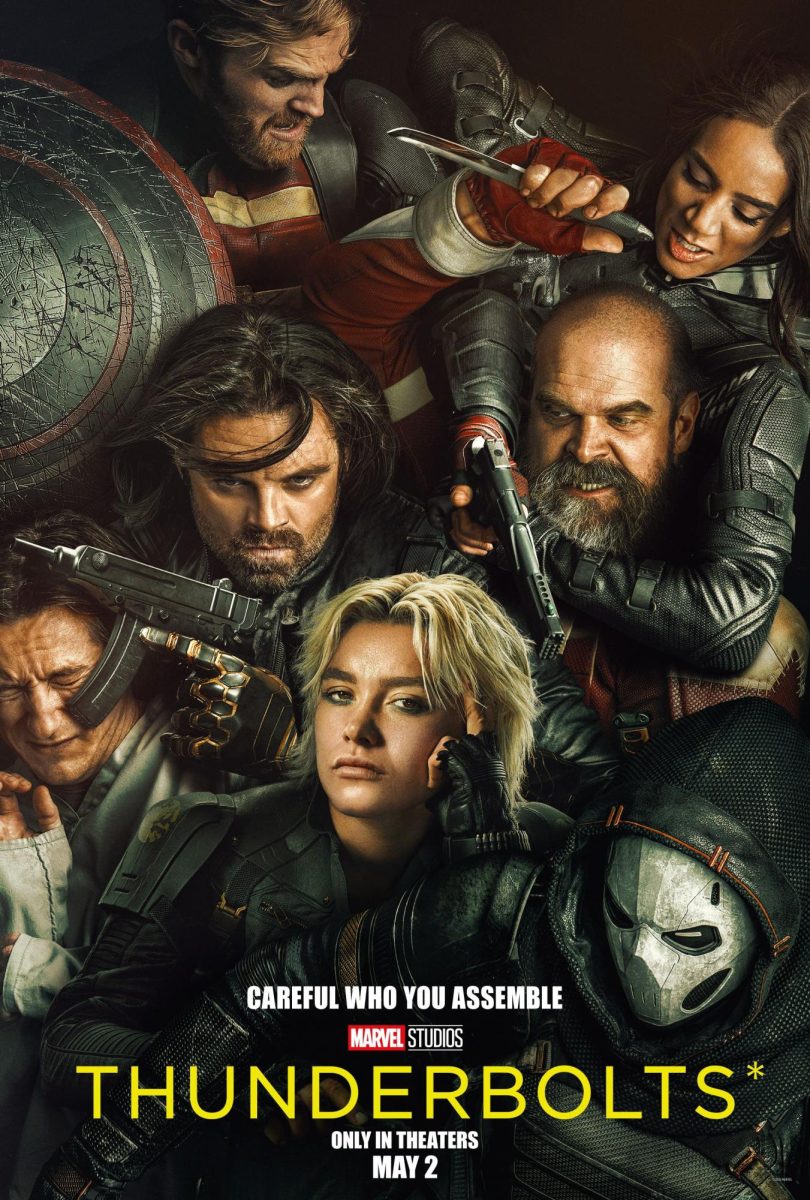
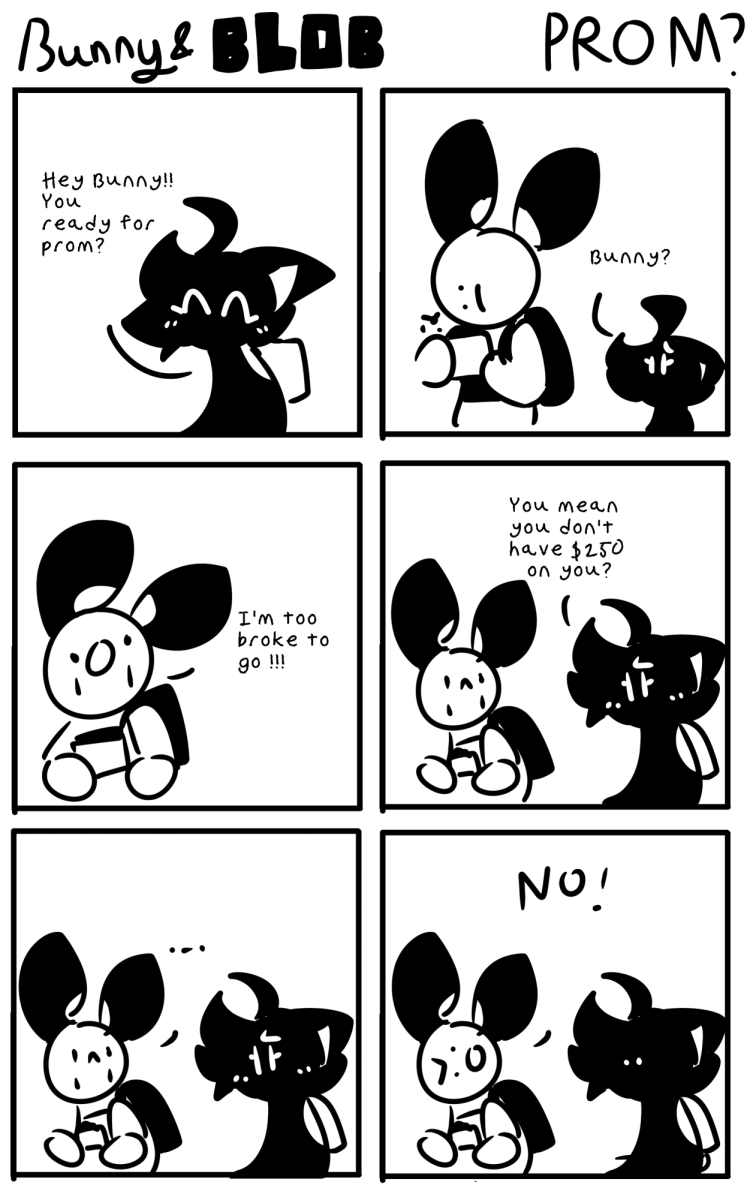

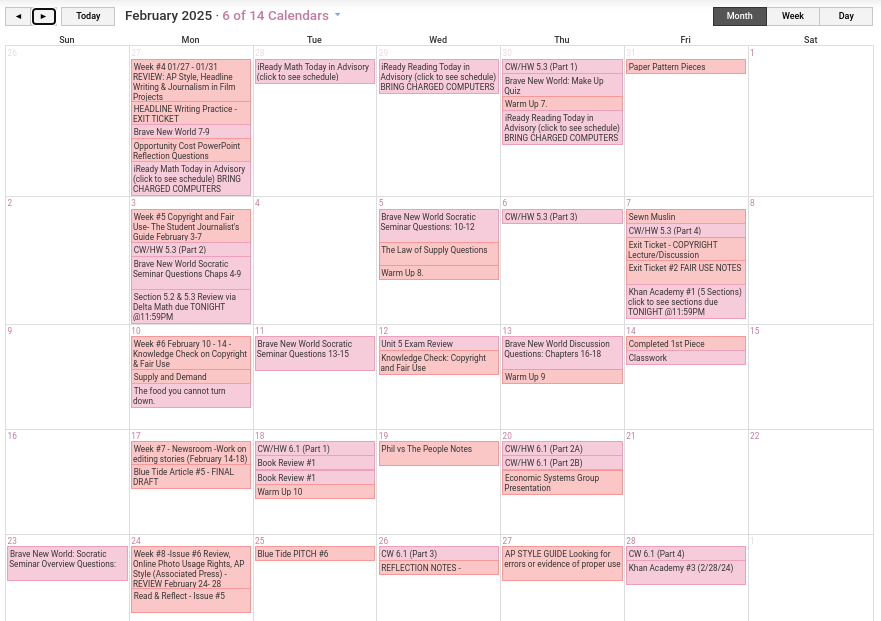
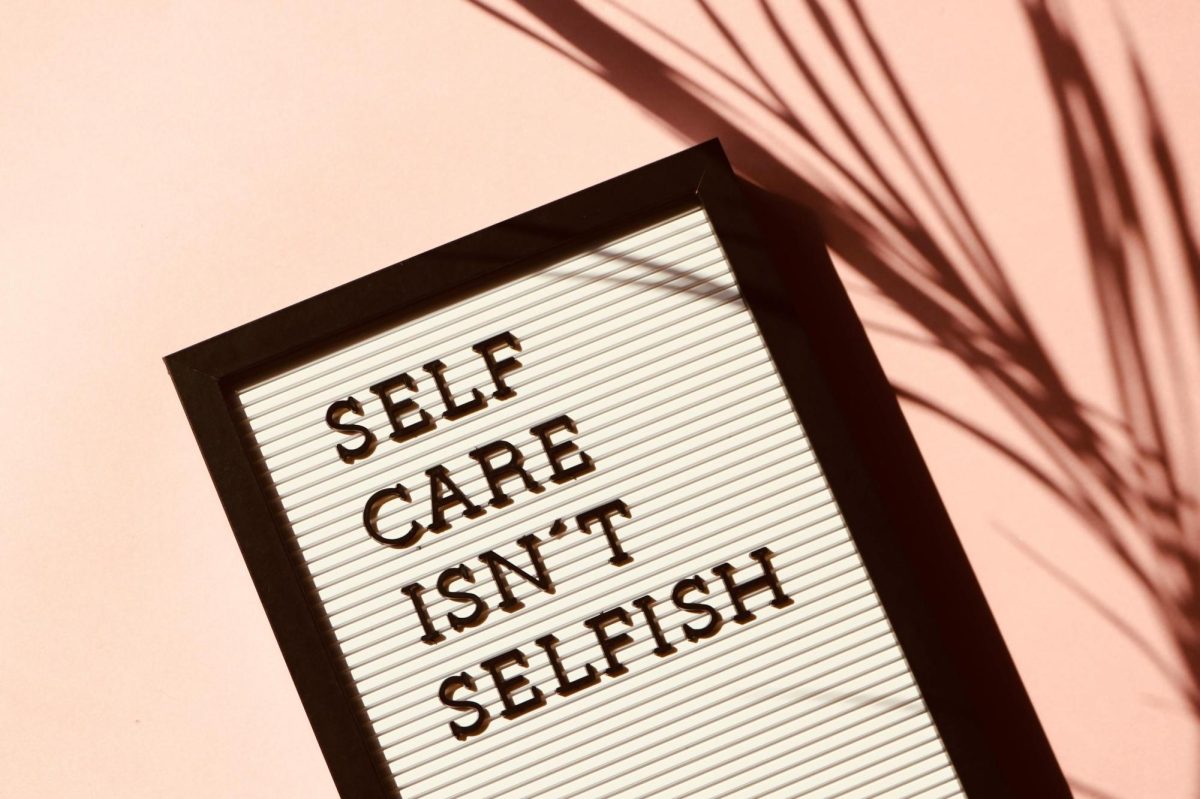

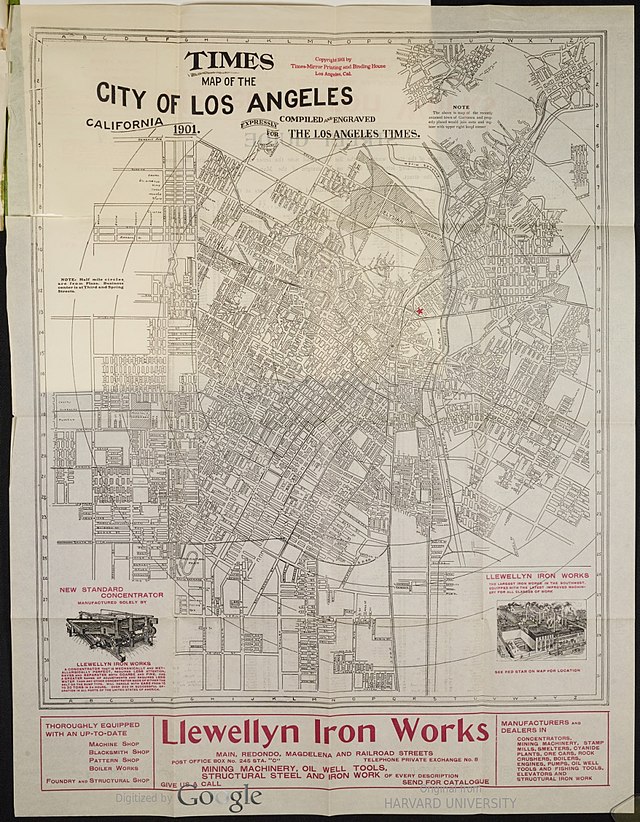
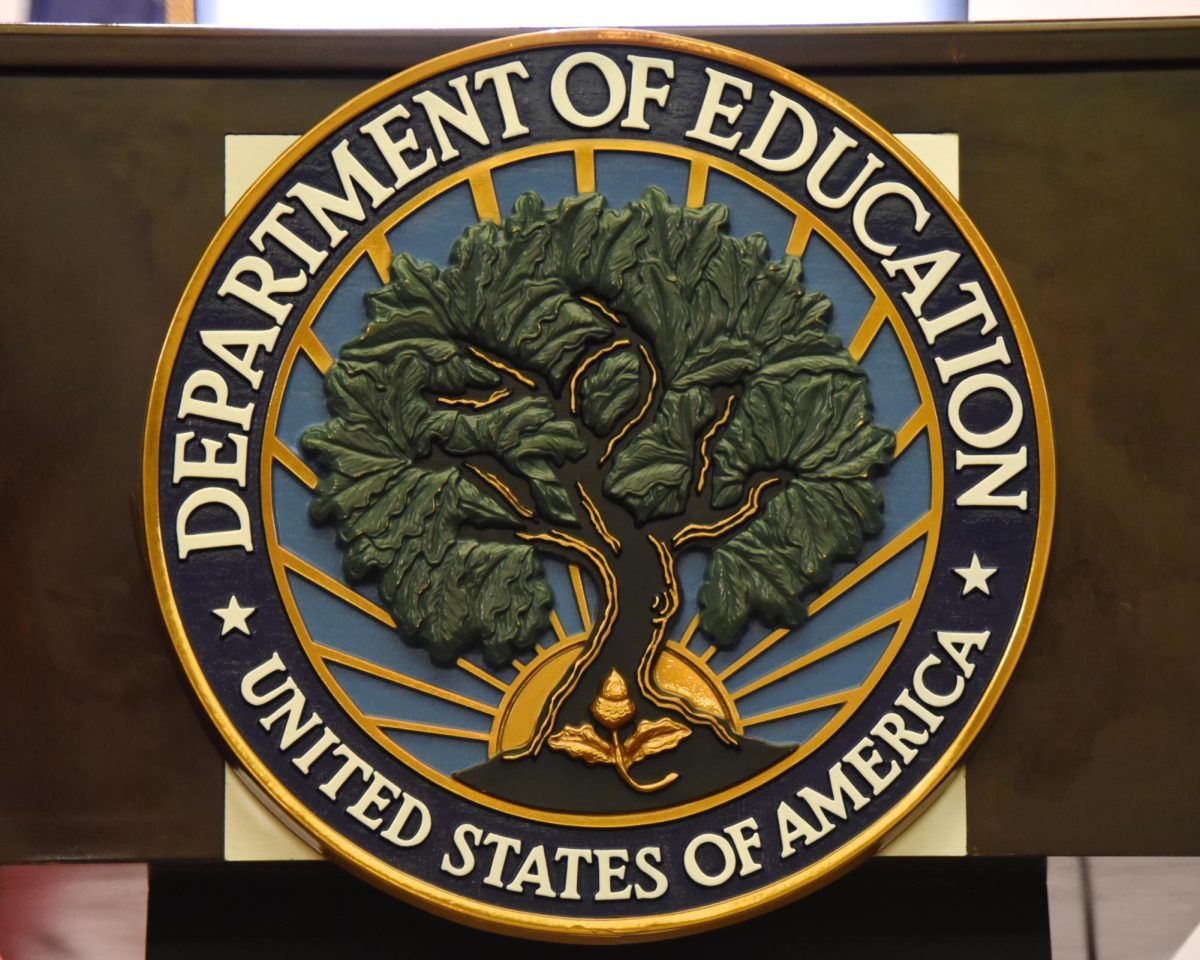
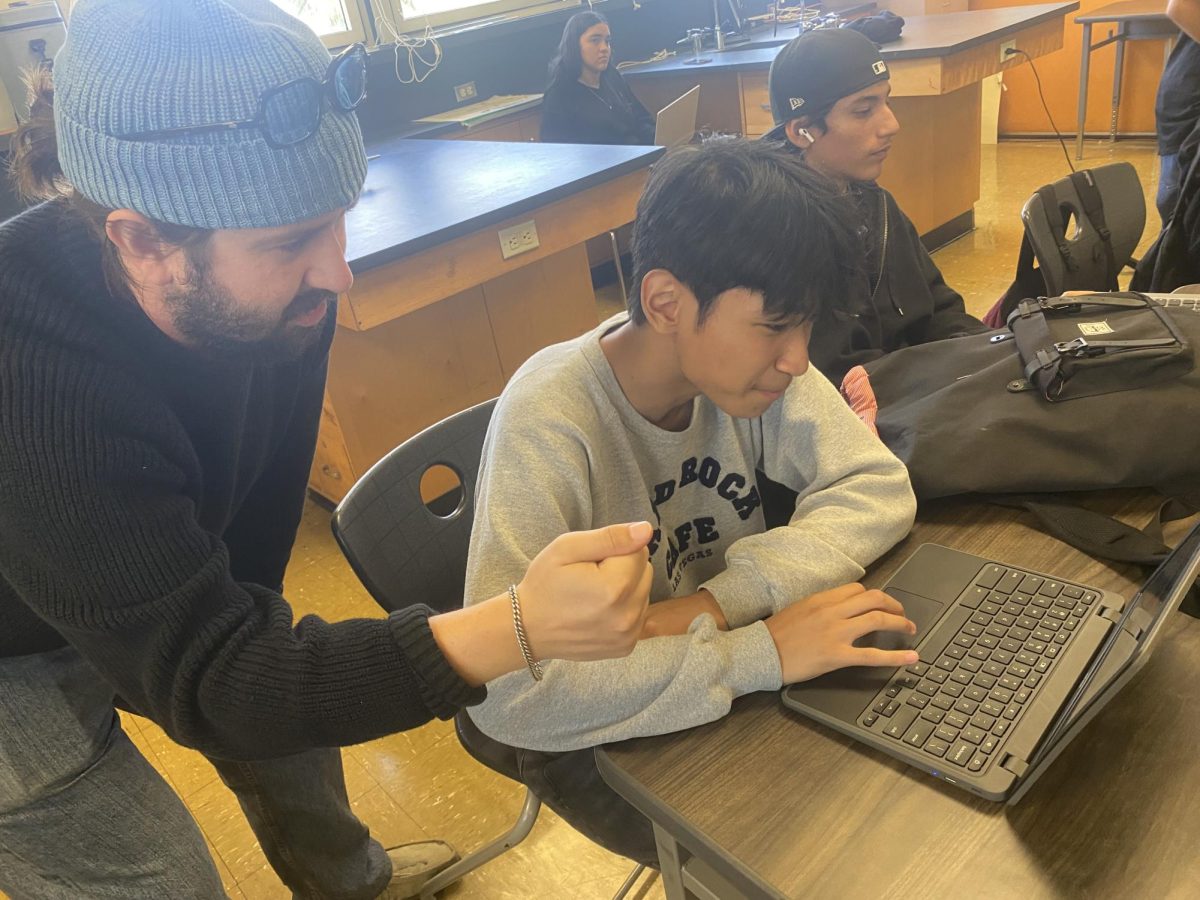
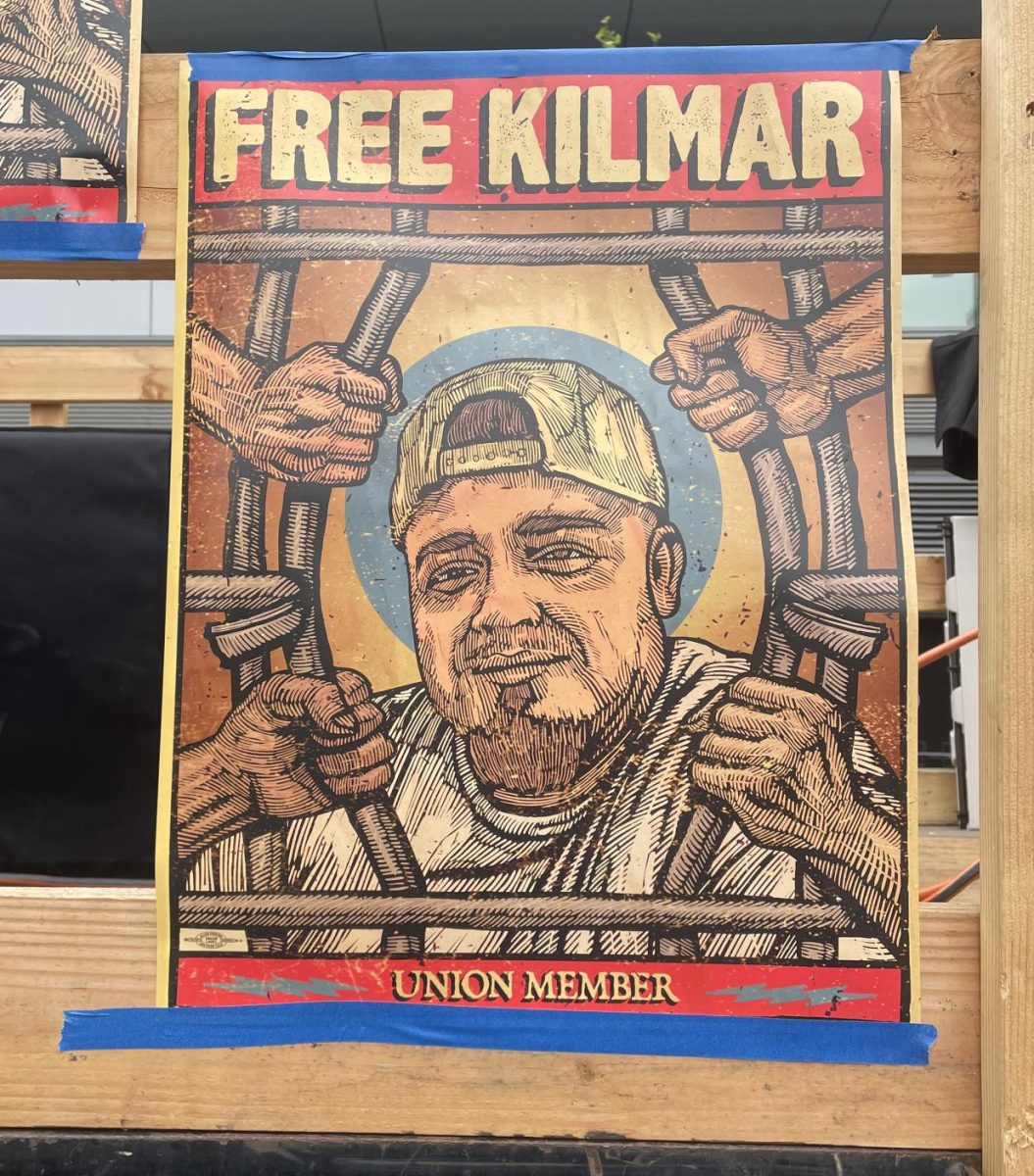

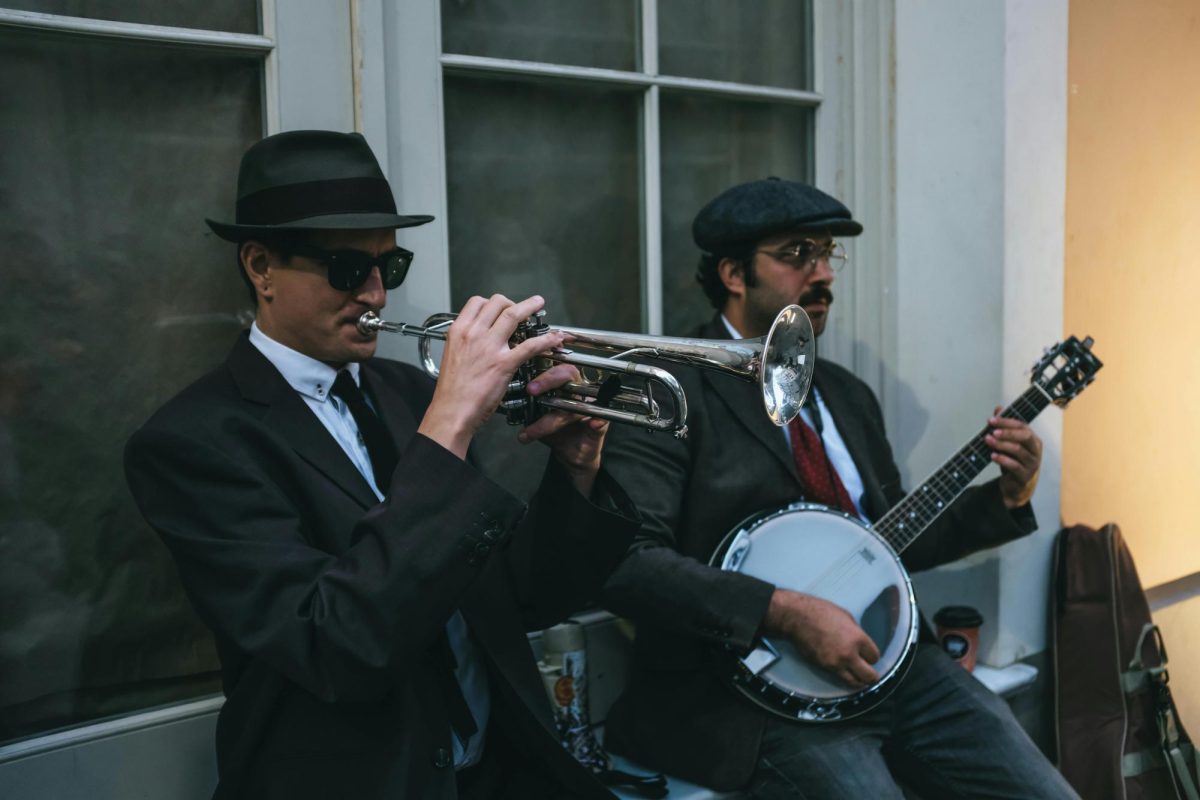
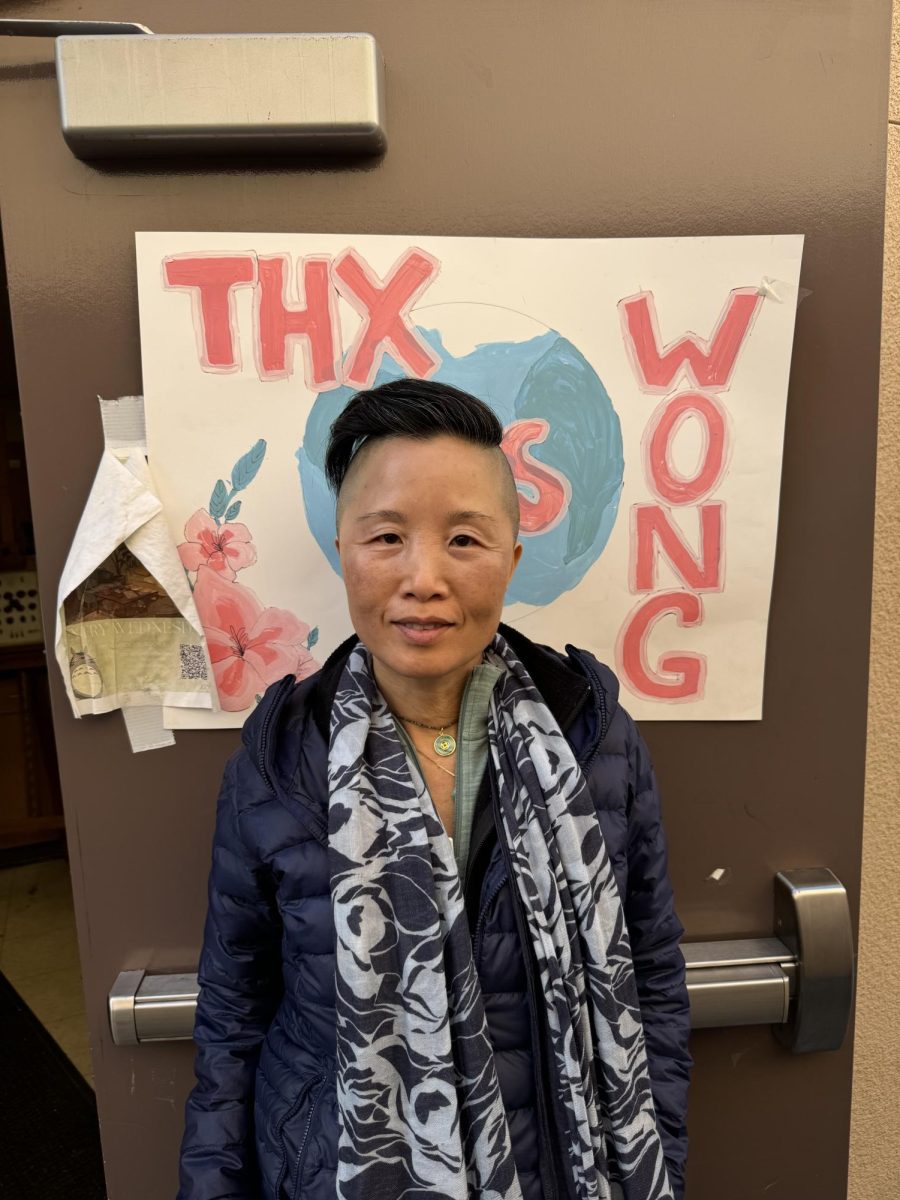
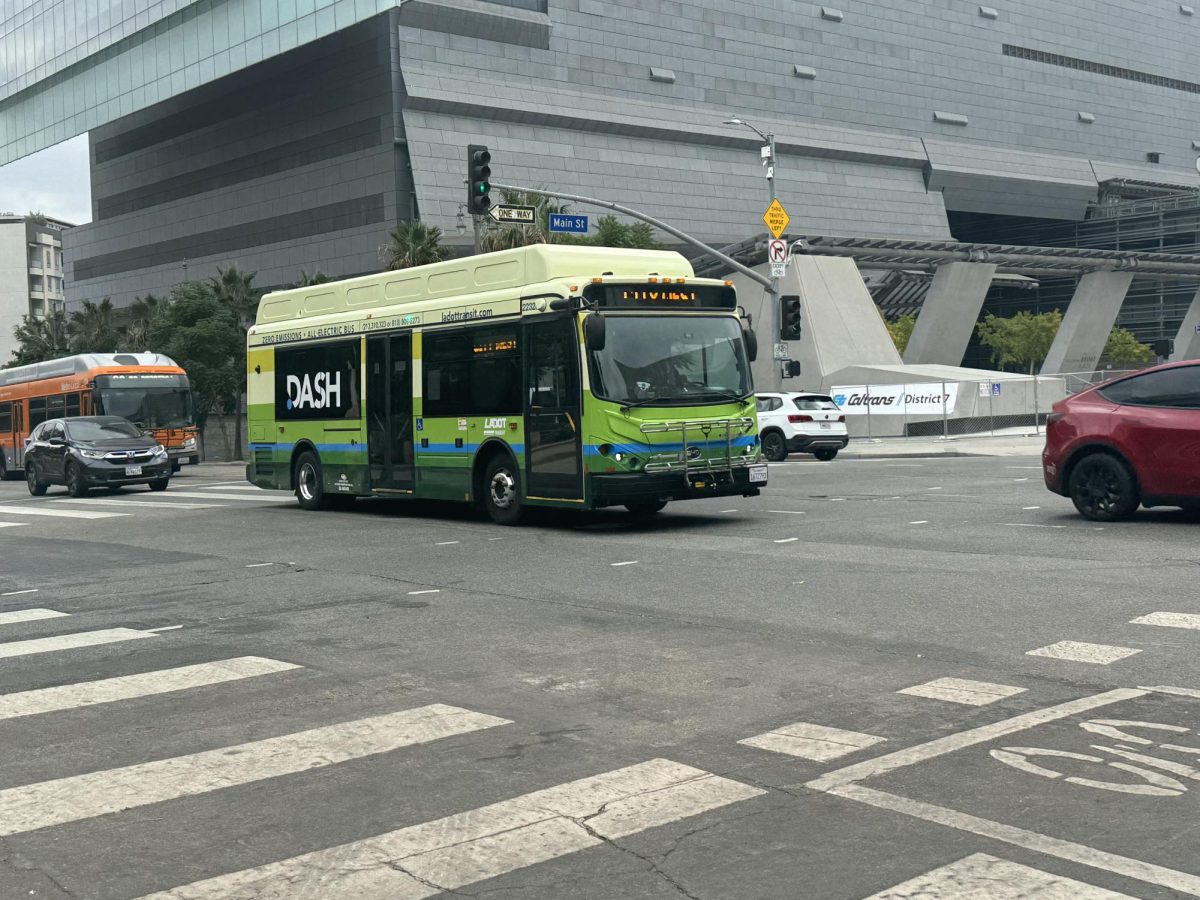

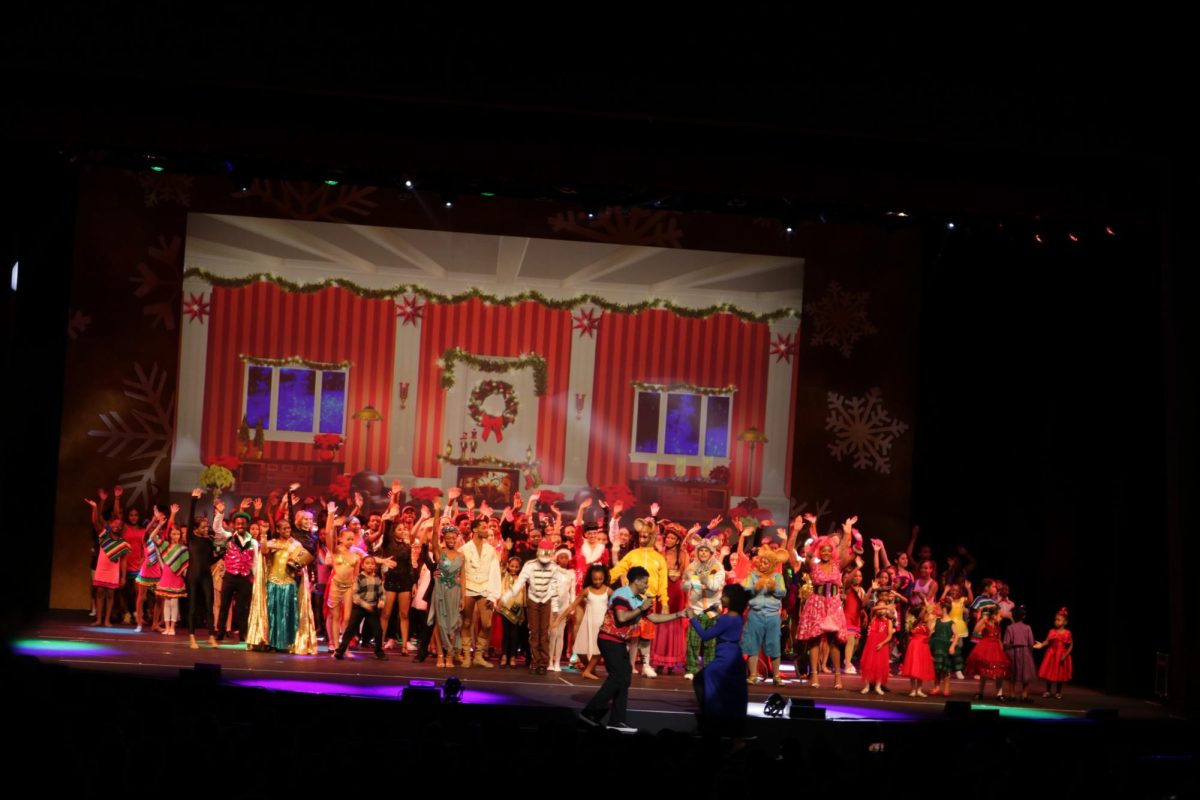
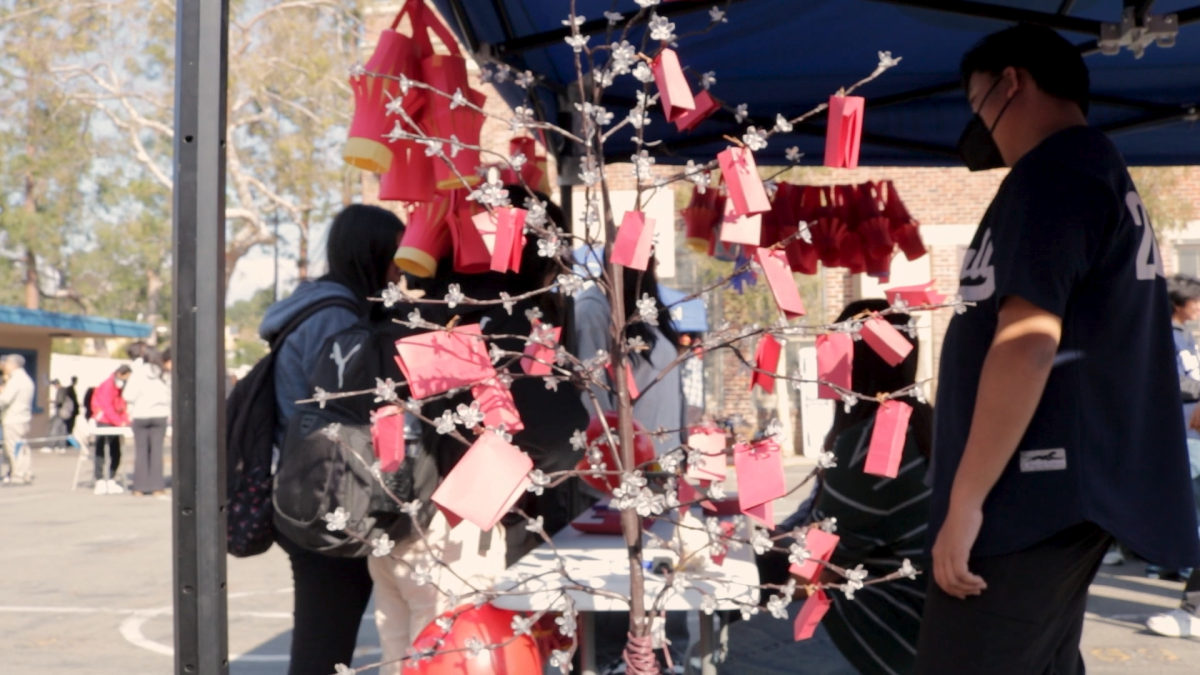
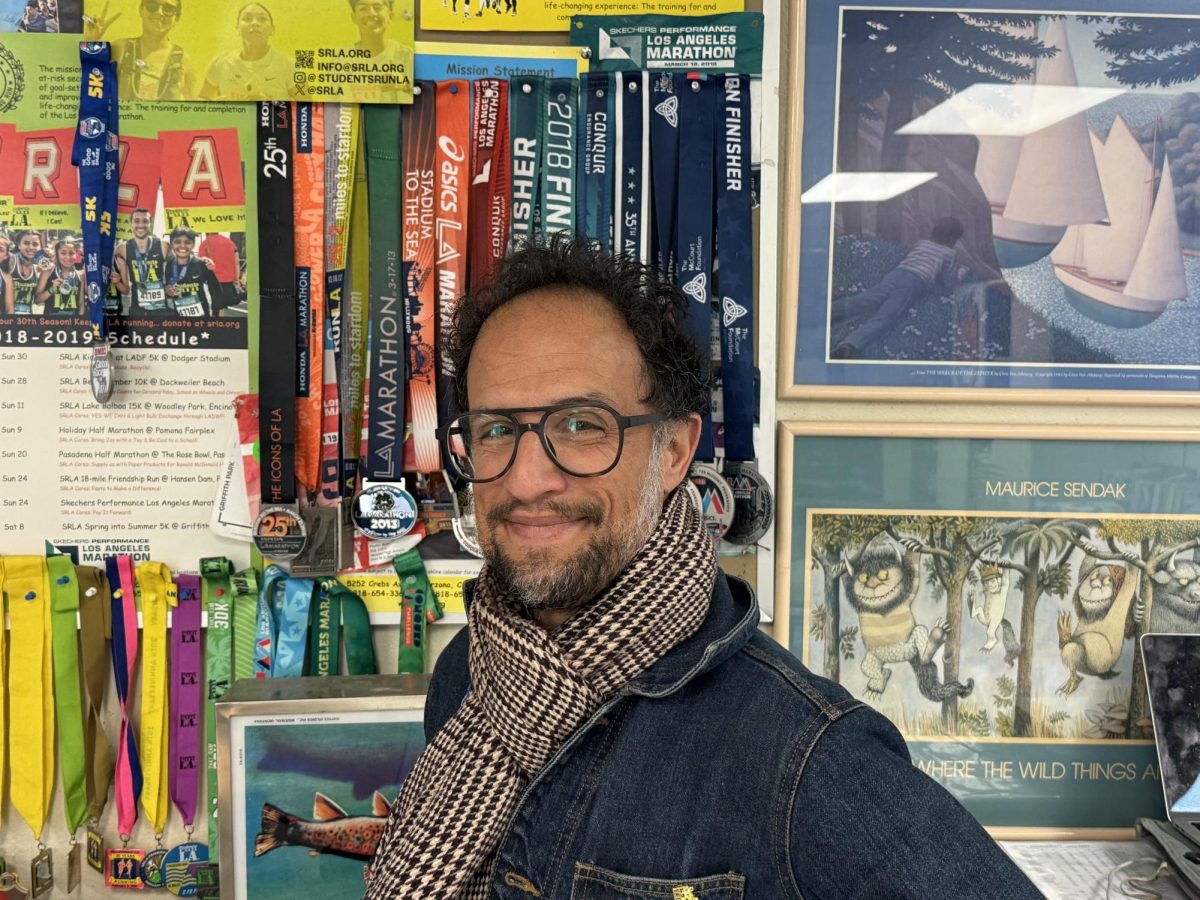
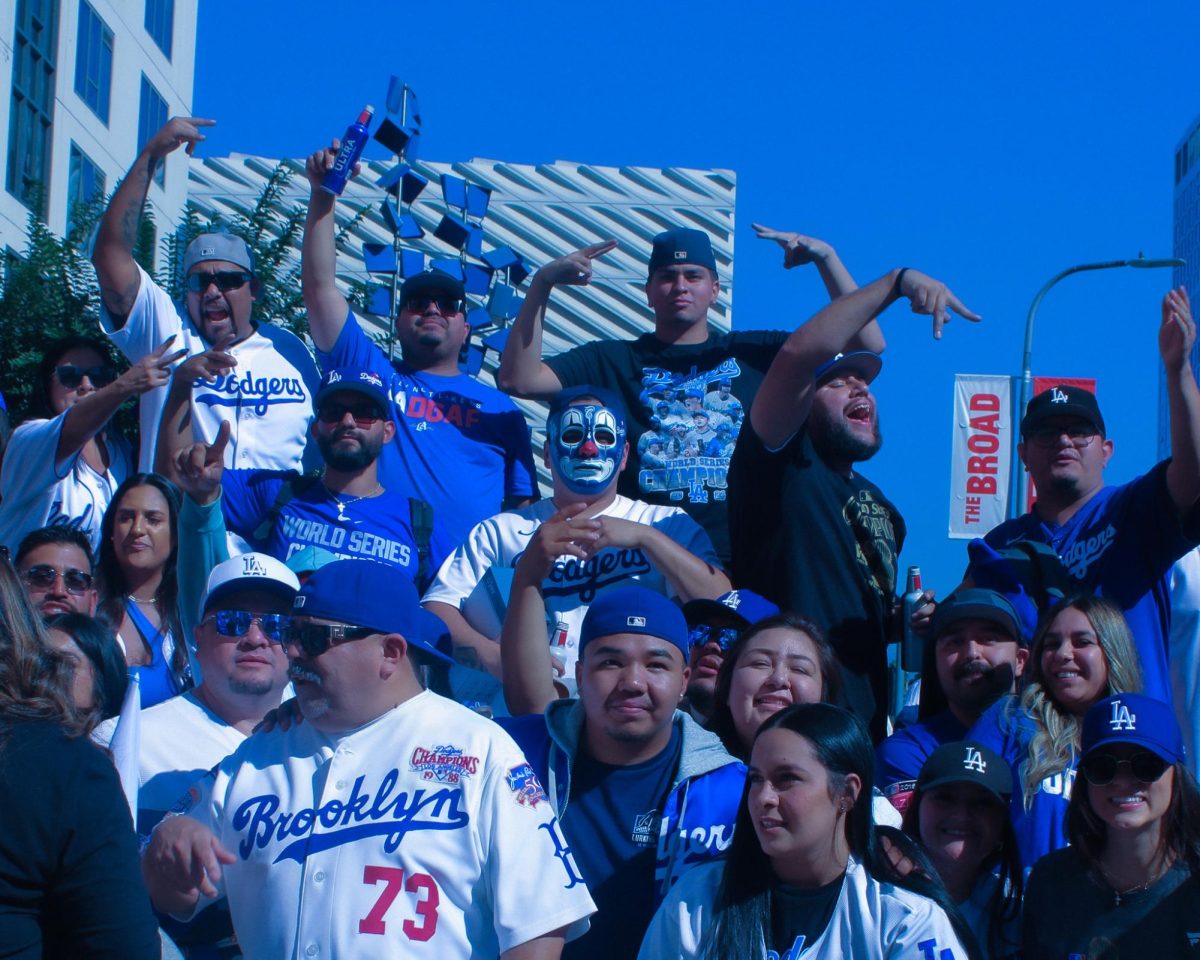
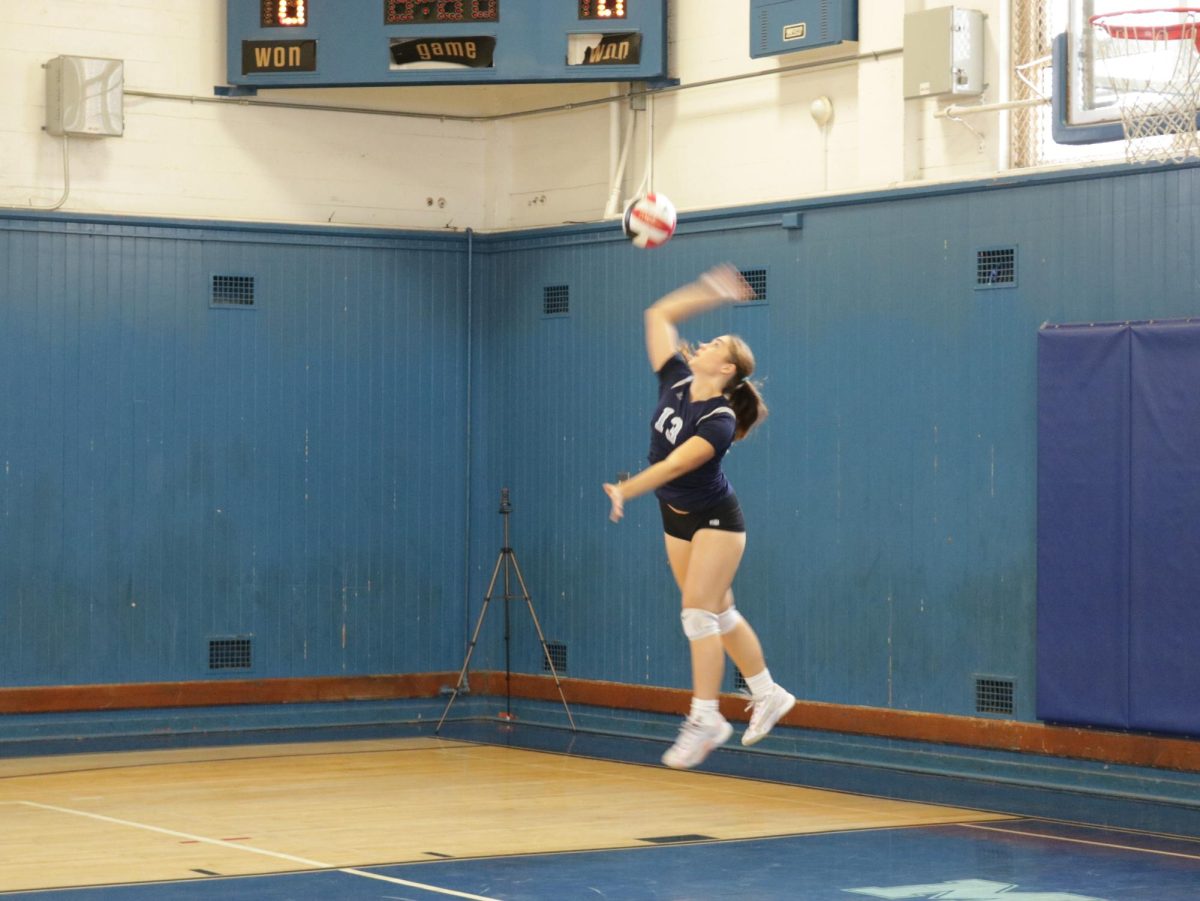
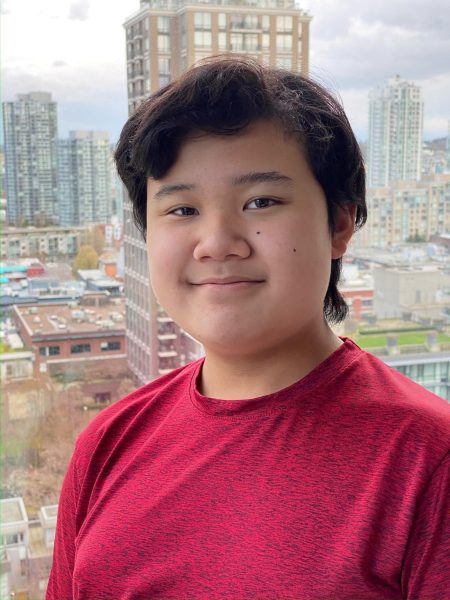
Ricardo • Feb 24, 2025 at 5:33 pm
I love this interview. Mr. Pfeffer clearly is motivated and is able to get his students motivated. As he points out, running is great training ground for life.